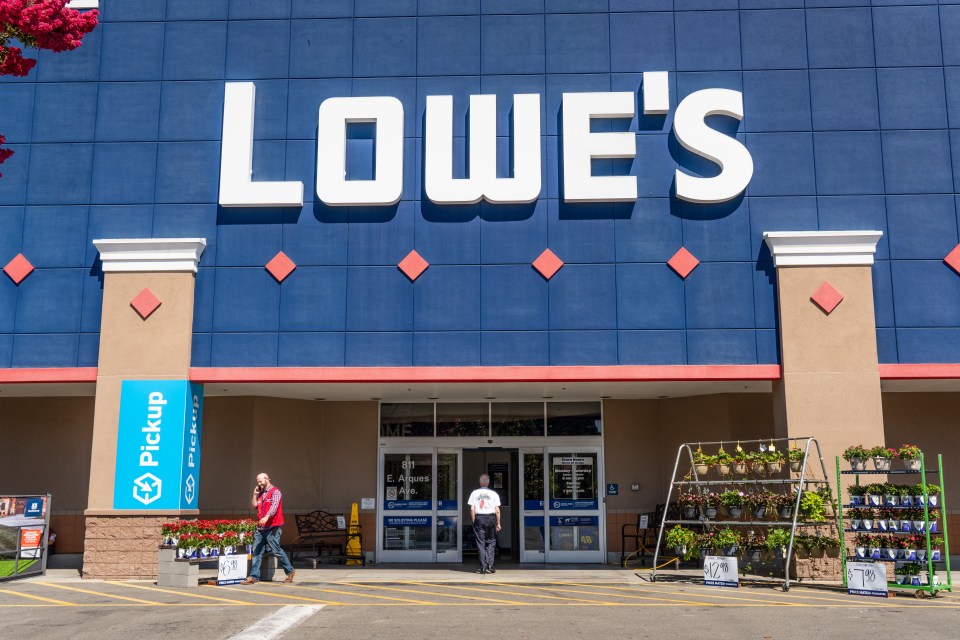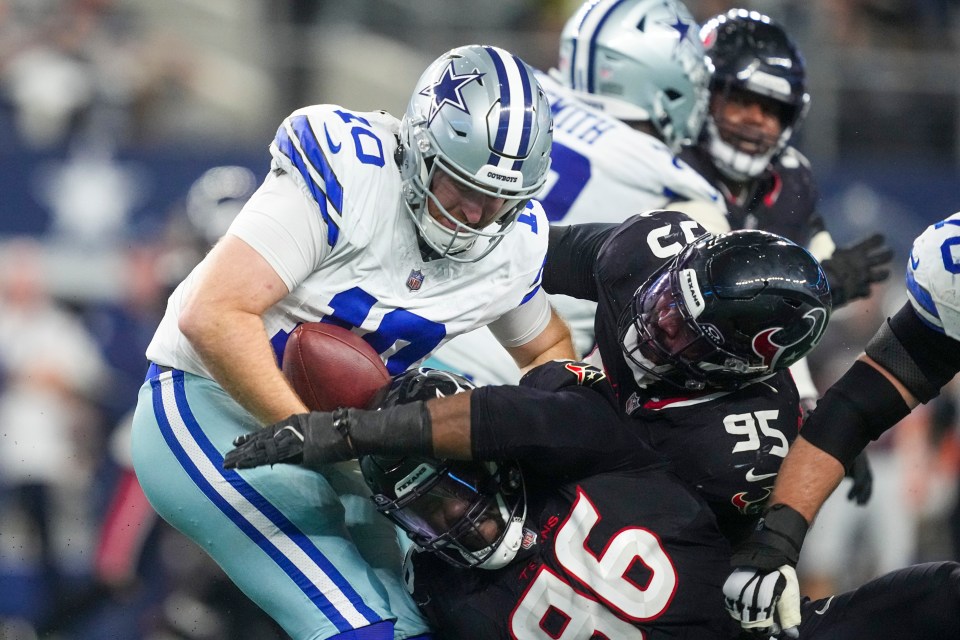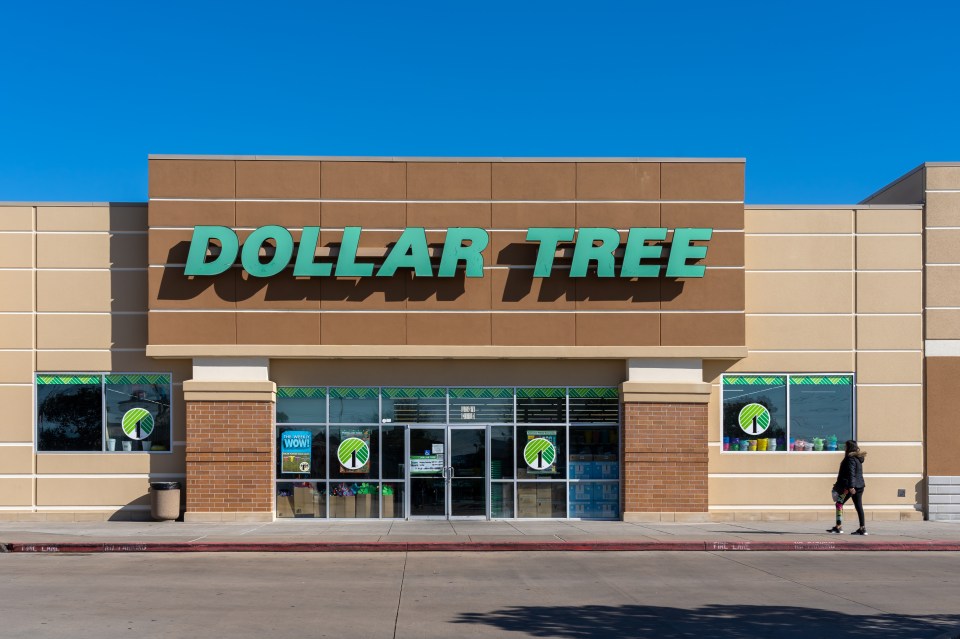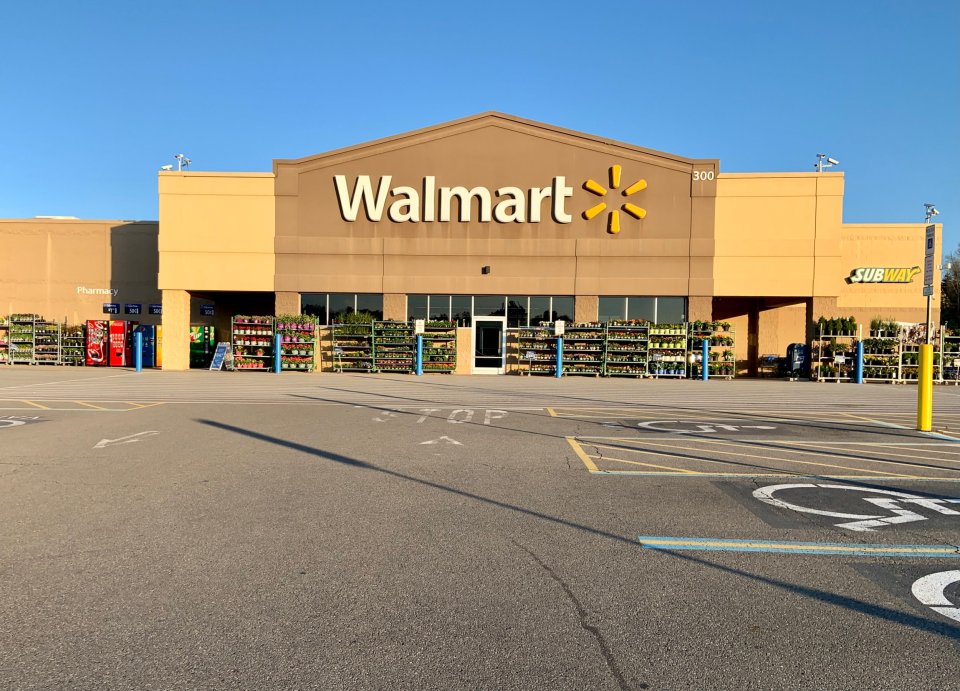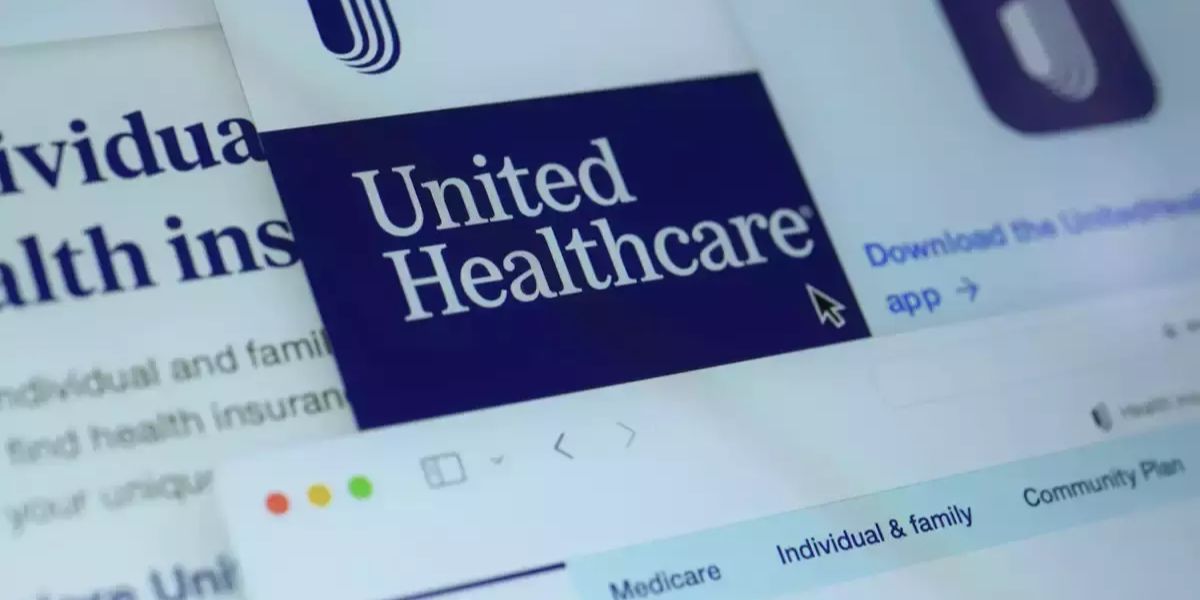Unitedhealth Estimates $1.6 Billion Cost From Change Healthcare Hack
UnitedHealth Group said on Tuesday that the hack of its Change Healthcare arm will cost the company up to $1.6 billion this year, but that its 2024 earnings prediction remains unchanged, implying that the cyberattack will have a less severe impact than many on Wall Street had expected.
Despite the significant disruptions, the healthcare conglomerate’s first-quarter earnings were above expectations as medical costs fell from higher rates struck late last year, sending its shares up 5.3%. United’s stock had declined roughly 15% since the company reported the ransomware attack on February 21.
UnitedHealth’s positive earnings boosted the Dow Jones Industrial Average on Tuesday. Shares of competing health insurers such as Elevance, CVS Health, and Humana were also up, with Humana up more than 2%.
The hack at Change, a provider of healthcare billing and data systems and a critical node in the US healthcare system disrupted payments to doctors and healthcare facilities across the country for a month, wreaking havoc on community health centers that serve over 30 million poor and uninsured patients.
Following the hack, the health insurance reduced or deleted prior authorization processes for some claims, raising concerns about increased medical expenditures. Executives confirmed on Tuesday that they had lately been reinstalled.
There were additional delays in claim submissions because medical care providers were unable to access the Change system and struggled with documentation. “We’ve made significant progress, and we won’t stop until care providers’ connectivity needs are met,” UnitedHealth CEO Andrew Witty said during a conference call to discuss the results.
So far, UnitedHealth has provided almost $6 billion in advance funding to some healthcare providers. While some of its major services have resumed operations, many others are still dealing with the aftermath of the outage.
Change’s pharmaceutical claims and payment management businesses are 80% operational, and the company plans to launch more products online in the coming weeks, according to Roger Connor, CEO of UnitedHealth’s OptumInsight segment, which runs Change. The company expects Change to revert to its baseline performance next year.
Connor expressed confidence that Change will be able to re-engage customers who were forced to switch to competitors due to the downtime.
‘NOT AS SEVERE’
The business said it has already booked $872 million in costs linked to the data breach in the quarter, with the majority of these being one-time items.
Nonetheless, UnitedHealth maintained its 2024 adjusted profit expectation of $27.50-$28 per share. According to the corporation, disruptions caused by the attack are projected to reduce profit by $1.15 to $1.35 per share this year.
“The impact of the hack is not as severe as expected, especially given that they maintained their adjusted earnings outlook for the year despite the business disruption,” said Gerrit Smit, head of global equity management at investment firm Stonehage Fleming, which owned more than 90,000 UnitedHealth shares at the end of last year.
Morningstar analyst Julie Utterback stated that medical care demand trends were consistent with management’s projections, which should alleviate concerns among industry investors about rising costs.
UnitedHealth said that their medical care ratio, or the percentage of premiums spent on medical care, increased to 84.3% from 82.2% the previous year. The company’s fourth-quarter ratio was 85%, which it attributed in part to elderly Americans seeking respiratory syncytial virus (RSV) vaccines and other medical treatments.
UnitedHealth has yet to reveal the amount of personal information that was compromised in the incident. It must report the information within 60 days, as required by federal law.
According to LSEG, UnitedHealth recorded a quarterly profit of $7.16 per share, deducting a 25-cent blow from business delays caused by the data breach, compared to analysts’ projections of $6.61 per share. The corporation declared a net loss of $1.53 per share, which included a $7 billion charge for the sale of its Brazil unit, Amil.


